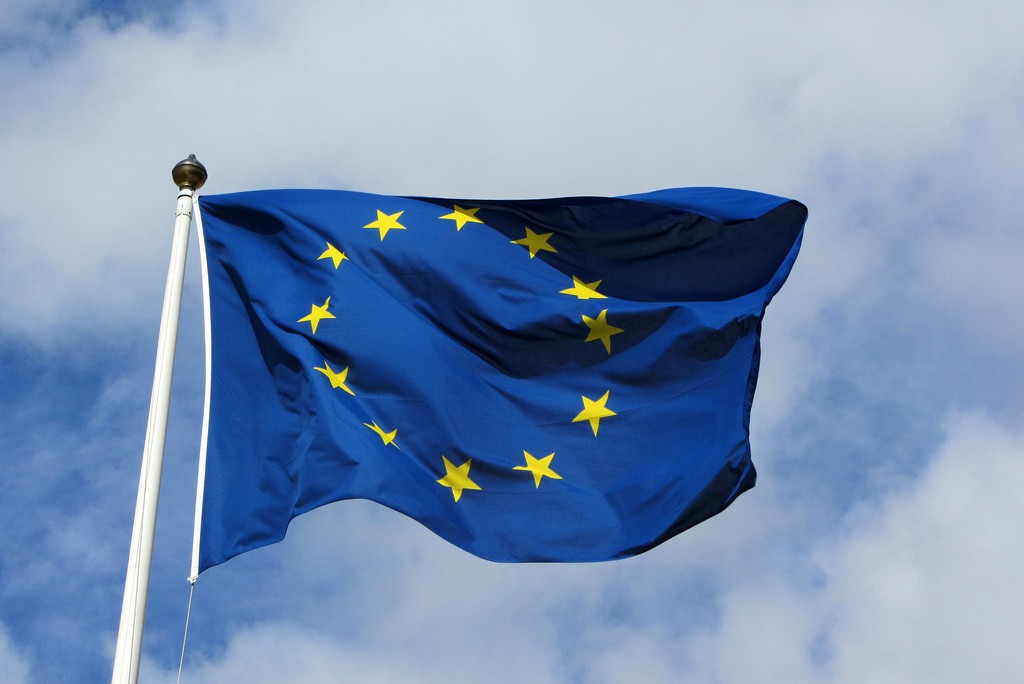The EU referendum: what could it mean for environment and science policy?
By Ben Connor, Policy Officer

So finally we have a date. The Prime Minister’s renegotiation is complete, and the UK’s referendum on whether to remain in the European Union or go it alone will be held on 23rd June 2016. This week the starting guns have truly been fired in the campaign, with five cabinet ministers and the Mayor of London defying the Government position to join the push for a “Brexit”.
The outcome of the referendum will have a profound impact on science and environment policy in the UK for decades to come. Environmental legislation in the UK and the EU is closely entwined, with many EU directives transposed into UK law. The Common Agricultural Policy represents a full 40% of the EU budget, whilst the EU has a significant impact on the funding and organisation of scientific research in the UK, across all fields including ecology.
So if the UK wakes up on the 24th June having voted to leave the EU, what could happen? A firm commitment to leave would trigger Article 50 of the Treaty of Lisbon, which gives a two year period to negotiate the complexities of an exit. In the event of a leave vote, the UK could remain a member of the European Economic Area (EEA), alongside Norway, Iceland and Liechtenstein, or could negotiate a completely new relationship with the EU.
What would “Brexit” change?
As many EU Directives are transposed into UK law, it wouldn’t be the case that this legislation would simply cease to exist. In many cases legislative change in the UK parliament would be required to repeal or alter existing laws. Indeed, if the UK left the EU but remained in the EEA, it would still need to adhere to many EU regulations, including most environmental directives and regulations such as the Water Framework Directive, legislation on genetically modified organisms and environmental impact assessment rules.
However a number of major policies and legislation would no longer apply, even if the UK were to remain in the EEA, including the Nature Directives, Common Agricultural Policy and Common Fisheries Policy. The UK could choose to lower, maintain or increase levels of environmental protection.
The Nature Directives, comprising the 1979 Birds Directive and 1992 Habitats Directive, underpin the Natura 2000 network of protected areas across the European Union, as well as creating a comprehensive system of protection for priority species and habitats. Nature conservation projects also benefit substantially from funding through the EU’s LIFE programme.
The Common Agricultural Policy (CAP) forms the largest element of the UK’s EU costs, providing a comprehensive regulatory and subsidy regime for farming. Departure from the CAP would have a dramatic impact on agriculture in the UK. While an alternative subsidy system could provide an opportunity to improve on the environmental aspects of the CAP – often deemed a failure – Environment Secretary Liz Truss has suggested it would wrong to “take a leap in the dark”
While the Common Fisheries Policy has also been criticised for its environmental deficiencies, recent reforms have been positively received, with some fisheries showing signs of recovery. If the UK left the EU, it would assume sole control of fisheries within 200 miles of the coast. Although this could give the Government greater freedom to create ecologically sound policies, it could also see the UK fishing fleet excluded from the waters of neighbouring member states unless new bilateral agreements are negotiated.
The EU also has a significant impact on scientific research in the UK. As well as being a major funder, with the UK receiving roughly €1 billion per year in the most recent Framework Programme funding round, researchers and institutions also benefit greatly from freedom of movement and structures supporting collaboration between scientists in different Member States.
While non EU-member states are able to access some EU research funding, these opportunities are conditional: Switzerland was recently partially excluded from Horizon 2020 funding programmes because of freedom of movement restrictions applied by the Swiss government.
Our role in the referendum
Ahead of the referendum, we will not be taking a position on whether the UK would be better off in or out of the European Union. We will be focusing on informing members about the role of the EU in environment and science policy in the UK, and the possible consequences of a vote to leave.
We’ll also be helping to make sure that policymakers understand what the EU means for ecology and ecologists, and have already responded to select committee inquiries on the EU and science, and the EU and environmental policy.
You can find out more about what we’re doing, and access external resources, through our dedicated webpage. The potential consequences of “Brexit” will also be covered in more detail in the Legislation Scan in the next issue of the BES Bulletin. We’re keen to hear from members about how the EU impacts on your work, so please get in touch with any issues you would like to raise, or post your comments on the blog.
Like what we stand for?
Support our mission and help develop the next generation of ecologists by donating to the British Ecological Society.